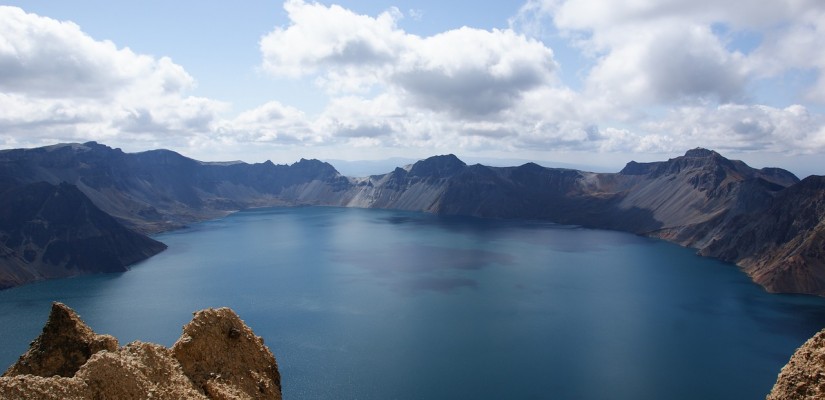As the possibility of a successful reconciliation of the Korean Peninsula continues to become more and more likely, questions that once seemed purely theoretical are starting to become matters of increasing importance. Chief among these is the issue of reunification between North Korea and South Korea. Such a task would require massive investments in aid, infrastructure development, social spending, and an almost endless number of other complications. Many estimates put the cost at $1 trillion USD or more, a sum roughly equivalent of 2/3 of South Korea’s entire GDP in 2017. The matter of where these funds will come from is thus no small concern.
One solution is to use North Korea’s vast reserves of natural resources to finance the costs of reunification. While a trillion dollars is far from a pittance, the estimates regarding North Korea’s mostly untapped mineral wealth indicate that on paper, the value of these reserves is more than sufficient to foot the bill. North Korea is thought to have anywhere between $6 trillion and $10 trillion USD in mineral resources* such as iron, gold, copper, tungsten, and various other rare earth minerals. Even assuming that some percentage of these minerals has already been mined and sold off, the possible wealth generation from these deposits is still vast.

However, the degree to which these mineral deposits have already been exploited is, as far as current analysis can tell, minimal. While North Korea’s iron and coal industries are operational, various reports suggest that North Korea lacks not only the technical expertise to exploit most of its natural resources, but also the required industrial equipment for sophisticated mining operations. These limitations ensure that North Korea’s mines are operating at levels far below maximum capability. If reconciliation is formalized and steps are taken toward full-on reunification, then the North Korean mining industry is going to be one of the premier areas of focus.
Already, actors in the region are beginning to analyze this possibility. In May of 2017, South Korea’s Ministry of Land, Infrastructure, and Transport issued a notice inviting firms to submit bids on infrastructure projects in North Korea, especially those pertaining to the mining sector. As this notice was released one week before the election in which current president Moon Jae-In was elected, it serves as a clear demonstration that the South Korean government’s interest in North Korean resources did not originate with the current administration, which has played a key role in the ongoing peace process, but actually precedes it. In addition, Russia is also taking interest. In 2014, a Russian company, Mostovik, announced a plan to invest $25 billion USD into North Korean infrastructure development in exchange for access to mineral deposits. The plan was officially signed in April of that year, but in 2015 Mostovik declared bankruptcy. Since then, the project has been on hiatus, though the outline still remains the inspiration for similar Russian efforts.
It is China, however, that will perhaps most vigorously try to offer its assistance. Up until last year, China was the biggest buyer of North Korea’s iron and coal**, and the Middle Kingdom has already invested billions into transportation infrastructure near the North Korean border, where large deposits of iron and coal are very conveniently located. Furthermore, as the largest miner of rare earth minerals in the world, China has the technical expertise necessary to develop the North Korean mining industry. However, South Korea, a staunch US ally, is unlikely to be entirely comfortable with such hands-on Chinese involvement, and will likely push for American, European, and Japanese investment efforts as a counterbalance.
The execution of any of these initiatives would require not just a successful peace process, but also the commencement of an agreed-upon reunification plan. However, with the steady continuation of the ongoing reconciliation efforts, it is becoming more and more imperative for interested actors to examine the consequences of and opportunities in a “hypothetical” rebuilding of North Korea that is becoming less hypothetical daily.
*It should be noted that smaller estimates put the total North Korean mineral reserves at 2.7 trillion.
**China ceased imports of North Korean coal in 2017 in compliance with UN sanctions.
